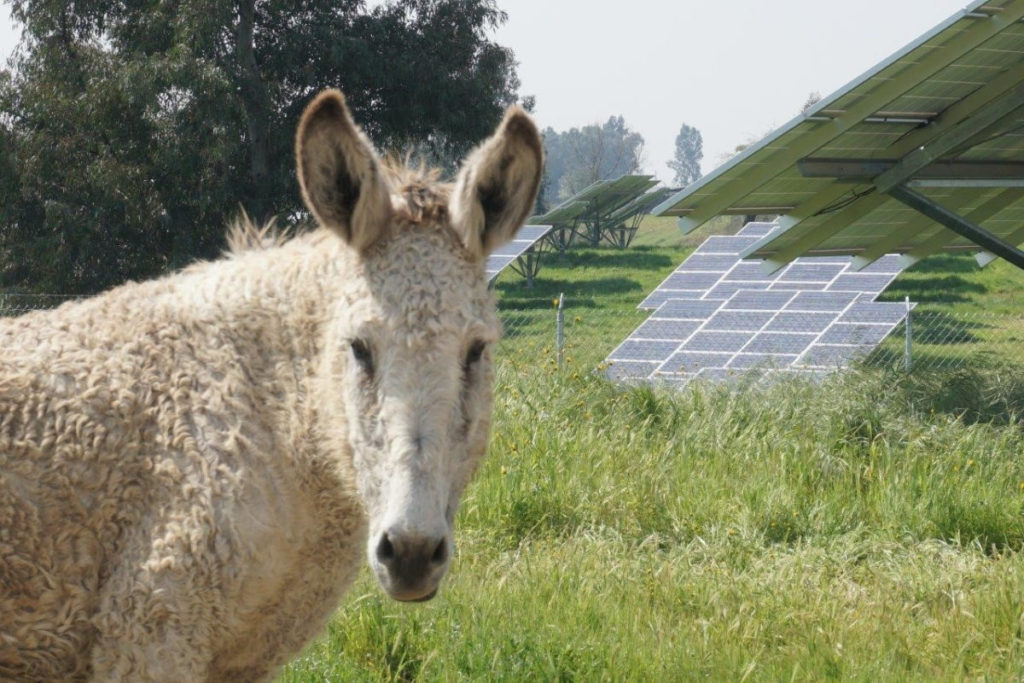
The Dutch solar trade body Holland Solar has called for the government to reverse its decision to limit PV deployments on agricultural land.
On 6th July, the Minister of Climate and Energy sent a letter to Dutch Parliament proposing a nationwide ban on solar deployments on agricultural land, a practice that takes multiple forms often grouped under the banner of ‘agrivoltaics’.
Try Premium for just $1
- Full premium access for the first month at only $1
- Converts to an annual rate after 30 days unless cancelled
- Cancel anytime during the trial period
Premium Benefits
- Expert industry analysis and interviews
- Digital access to PV Tech Power journal
- Exclusive event discounts
Or get the full Premium subscription right away
Or continue reading this article for free
In a response letter, Holland Solar said that the decision whether or not to pair solar PV and agriculture should be left to local authorities, and suggested that a nationally-imposed ban does not work in the best interests of either farmers or net zero targets.
Renewable energy projects can bring financial benefits to farmers and local community cooperatives alike, Holland Solar said, and the ban fails to do justice to the previously-established agreements, codes of conduct and cooperative frameworks across the different municipal regions.
The ban does include some exceptions, but the trade body said that these are unclear and uncertain, thus making it impossible for solar developers or landowners to proceed with any agriPV projects. It said that it was ‘ondenkbaar’ [inconceivable] that the government’s energy transition plan will succeed without PV on agricultural land.
Last week the Netherlands released its updated National Energy and Climate Plan for approval by Brussels, in which it said that it would ramp up renewable energy output and manufacturing. Wijnand van Hooff, general director of Holland Solar said that relying on rooftop and utility-scale solar on unused land would not be sufficient to meet the electricity supply needs of the plan, which would see far greater electrification across the country.
Holland Solar also pointed out that solar PV is currently in place on just 0.12% of the agricultural land in the Netherlands – 2,170 of a total 1.8 million hectares. A similar thing is true of the UK, as published by PV Tech Premium earlier this year.
As is the case with all agrivoltaics, this 0.12% of land is dual-purpose and often mutually beneficial for agricultural practice and energy generation. Beyond the obvious financial benefits of dual-use land, solar panels can offer shade to fruit crops or smaller livestock in the summer, as well as promoting biodiversity and sheltering for smaller organisms and plants. Transpiring water vapour from crops can also cool solar panels, which makes them more efficient, and sheep or cows can act as ground maintenance to prevent grass or trees overgrowing and shading panels.
In the last few months, Farmers’ protests have been ongoing in the Netherlands over government plans to halve nitrogen emissions by 2030, many of which come from the country’s large agricultural sector. As governments and energy companies look to increase renewable energy installations and reduce the impact of emissions-intensive industries, agrivoltaics has the potential to show the way forward in collaboration between essential old and new industries.






